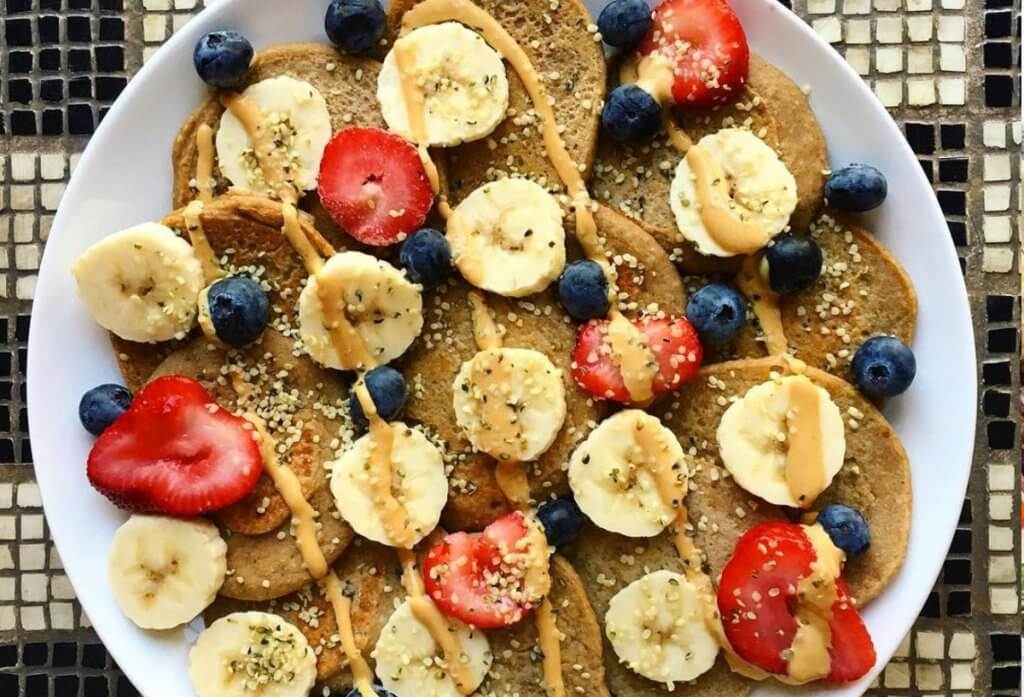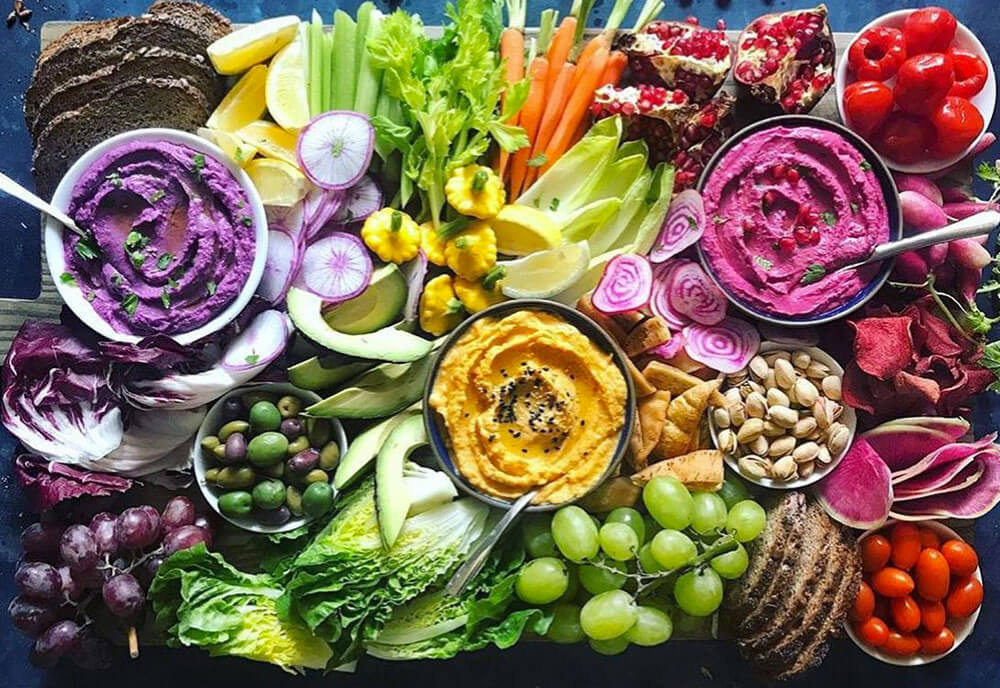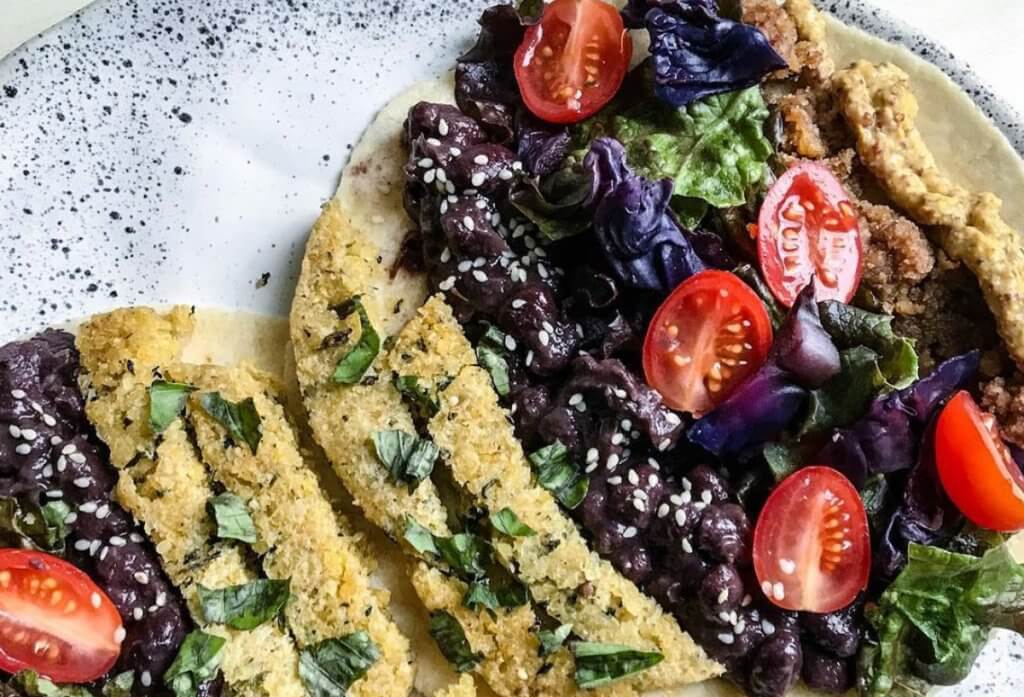What is the Reducetarian Movement?
I’m sure you’ve all heard of vegetarian, vegan and pescatarian. But has anyone heard of the reducetarian movement? It’s a relatively new label (no, we’re not really fond of labels either) for a collection of people who are consciously cutting down on their meat intake. You might actually already be a reducetarian without even realising! We wanted to learn a bit more about this foodie phenomenon and share our insights with you.
What is a reducetarian?
A reducetarian is someone who is making an effort to reduce the amount of animal products they eat. Whether it be cutting down on red meat, eliminating dairy completely, only having seafood once a month or just making one meal per week meat-free. The best thing about this concept is that you can tailor it perfectly to your lifestyle and the food goals you’d like to achieve. There’s no need stop eating all animal products cold turkey, no pun intended. It’s more about doing your little bit to minimise and properly monitor your consumption.
Why should you become a reducetarian?
Everyone will have their very own reasons for wanting to try a reducetarian lifestyle. So let’s lay down some facts to highlight the benefits of this movement.
Eating less meat is good for your health
Studies show that diets which are high in fruit and vegetables and low in meat and animal products lead to healthier lifestyles. This can lower chances of Type 2 Diabetes and high blood pressure. Along with positive lifestyle changes, a vegetarian or plant-based diet can even reverse heart disease. If you’re also trying to lose weight, minimising the amount of animal products you eat (which in turn reduces your calorie intake) will help to speed up the weight loss process.
Eating less meat is good for the planet
Unless you’re channeling Into the Wild and living life off the land (we salute you if you are!) you’re probably buying farmed meat from supermarkets. Did you know how much energy it takes to produce the most common meats that go through our checkouts? It takes about 6kg of grain to produce a 500g pack of beef mince and about 2kg of grain to produce 500g of chicken. That’s a lot of grain if you think about how many people eat a spag bol or a roast chicken each night for dinner! Funnily enough, we grow all of this grain to feed these animals but we’d actually use way less water, energy and other natural resources if we just ate the grain ourselves!
Animal welfare
I’m going to begin this by mentioning that I’m not a vegetarian or vegan and I have no objection to anyone who chooses to eat meat. I just want to paint a little picture about the meat and dairy industries however, which are often very cruel with their treatment of animals. Factory farming conditions are less than ideal with most animals never being able to see the sun, roam on the grass or socialise with others as nature intended. Without going further into the harsh realities, it’s clear that a lot of animals suffer merely because humans are at the top of the food chain. So whenever you get a chance to forgo meat or dairy from your meal, it’s a small show of support for a lot of intelligent creatures who are often bred merely for our consumption.
It can save you money
If you’re eating meat for dinner every night of the week, the costs start to add up quickly, especially if you’re trying to feed a family. Think about how much it costs for a 1kg of chicken, which might only last one meal, compared to 1kg of lentils, which can stay in your pantry for a while and be scattered out over various dinners. Next time you go on a grocery shop I’d encourage you to take note of the meat and dairy products you buy and mentally jot down the final total on your receipt. The following week, swap out all of those animal products for alternatives like fruit, veg, legumes and grains and see if there’s a noticeable difference to your hip pocket. We can almost guarantee that you’ll save money!
How can you start your own reducetarian journey?
- Educate yourself with the Reducetarian Solution Book – Learn everything you need to know about the movement here. Filled with essays from people who’ve also decided to reduce their animal product consumption, there are plenty of tales from others who’ve been at this starting point before. The book is also filled with tonnes of recipes to help guide you along your way.
- Set yourself a goal – Be realistic and set yourself some easy to achieve targets in the beginning stages. Maybe you can just start with Meat Free Mondays or you pledge to stop swap cow’s milk for almond milk for 30 days. However small or large you want your goals to be is completely personal, but just make them realistic depending on your lifestyle.
- Follow some vegetarian or vegan Instagram accounts – There are some fantastic online influencers in the vegan and vegetarian sphere these days. And all of their knowledge and ideas can be found for free on Instagram! We’ll start you off with some of our favourite meat free accounts, great for getting some dinner inspiration but also showing how delicious and colourful your meals can be without meat. Check out @bestofvegan, @wastelandrebel, @thebirdfeednyc and @plantifullynourished to get you started!





